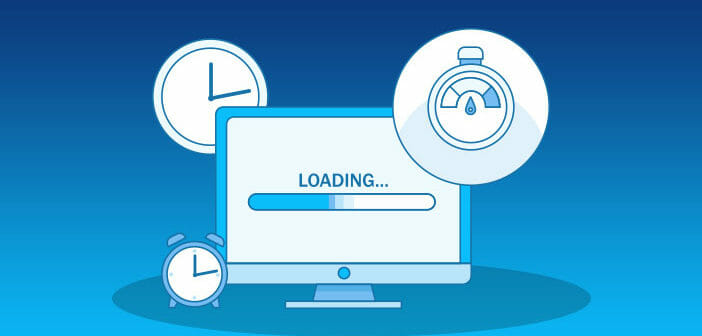The time it takes for a website to load is of huge significance and impact to the performance of it
With this in mind, the main problem is knowing where to look to reduce your website’s load time. Here are five factors that can affect a website’s loading speed.
Theme
The theme can make or break a website’s loading time, depending on how much bloat wear it has, as well as how well coded the theme actually was.
Most themes for WordPress are well optimized. However, it is worth looking at reviews and finding real life examples of websites with the theme you want to use, to see just what the load time would be.
For example, I was recently looking at a WordPress theme builder for a new website, and was shocked to see how the loading time of different builder themes can vary, from 0.3 seconds all the way up to 4 seconds.
Plugins
Plugins in WordPress are ways of adding code to give your website more functionality. Whilst this has the added bonus of giving your website more features, it has the inherent cost of adding more code, to be loaded, on your website.
However, just like with themes, some plugins are coded efficiently whilst others are not. For example, how often a plugin refreshes data might only need to be once a day, but the developer has set it to every 10 milliseconds…this could potentially increase the burden of load on your website’s server.
Host
The host you choose to use will place a big part with your website’s load time. Objectively speaking, I am not going to let my experiences of hosts influence your decision, so I would recommend looking online for hosting reviews to see which has the highest up-time and smallest load times – you’ll be surprised just how much hosts can vary in speed.
Multiple Cache/CDN
Two ways you can improve the website load time is through having a cache, as well as a CDN (content delivery network). A cache stores a version of your website on the server so each page can reference the cache for loading, whilst a CDN stores the cache locally to where the web user is trying to access your website from.
Having a cache and CDN is a great step in the right direction. However, having more than one of each can cause a website serious issues, which, in turn, can actually make your website run slower than before.



